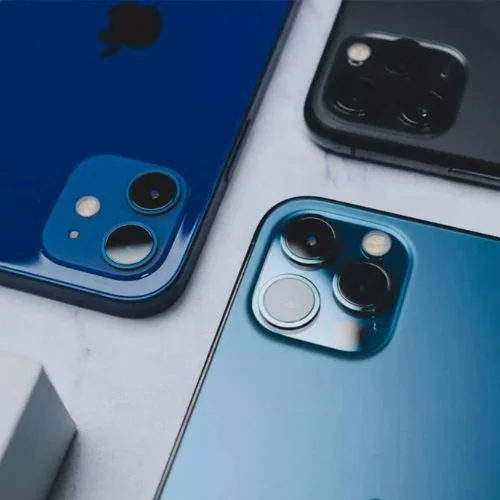A JIC takeover, authorized by the powerful commerce ministry, would be the latest in a series of increasingly forceful government measures to reclaim Japan’s lost dominance in advanced chip production.
JSR Corp’s board of directors will meet on Monday to discuss a potential multibillion-dollar purchase by a government-backed fund, signaling further state participation in efforts to revitalize Japan’s semiconductor industry.
A JIC takeover, backed by the powerful commerce ministry, would be the latest in a series of increasingly forceful government measures to reclaim Japan’s lost lead in advanced chip fabrication and maintain its edge as a manufacturer of materials and tools essential in their production.
At Friday’s market close, JSR’s market capitalization was 677 billion yen ($4.73 billion). According to the Nikkei newspaper, JIC will spend approximately 1 trillion yen on the acquisition, infusing 500 billion yen into a new firm to complete the purchase and borrowing 400 billion yen from Mizuho Bank.
JSR shares were untraded on Monday, despite a flood of buy orders, after the business announced on Saturday that it was considering a buyout.
The possible acquisition comes as tensions between the United States and China rise as President Joe Biden’s administration expands local chip manufacturing capability. Japan and the Netherlands have joined the United States in banning chipmaking gear exports to China.
JSR is a leading supplier of photoresists, or light-sensitive compounds used to etch patterns on wafers.
“Japan has a monopoly, with China and others yet to develop this technology,” said Kazuhiro Sugiyama, consulting director at Omdia.
Tokyo Ohka Kogyo shares rose 10% on the news, while Sumitomo Chemical rose 3% and Shin-Etsu Chemical rose 2%.
“The market is speculating that funds will flow to other small and medium-sized materials makers,” Mitsushige Akino, chief fund manager at Ichiyoshi Asset Management, said.
According to an industry ministry official, JSR approached JIC regarding potential funding.
According to the person, who declined to be named because they are not authorized to communicate with the media, the company needs to invest extensively in production capacity as worldwide demand for chips develops, as well as in the development of materials that will be required to build advanced chips.
While Japan has a long and varied tradition of intervening to assist faltering industrial companies, taking a prosperous business private after restructuring risks being criticized for potential overreach.
JIC said in November that it has increased the size of its buyout fund by 4.5 times to 900 billion yen.
“JIC is beginning here. It would surprise me a lot if they stopped there,” Travis Lundy of Quiddity Advisors stated in a Smartkarma note.
JSR, founded in 1957 as a government-backed synthetic rubber company, reported a 20% increase in sales to 408.9 billion yen in the fiscal year ended March 31, while operating profit fell 33% to 29.4 billion yen.
According to Nomura Securities, JSR and Shin-Etsu hold 39% and 37% market shares in the ArF photoresist industry, respectively, with JSR’s clients including Samsung Electronics, Taiwan Semiconductor Manufacturing Co, and Micron Technology.
Tokyo Ohka Kogyo is gaining market share from prominent clients in South Korea and Taiwan in the advanced extreme ultraviolet (EUV) photoresist industry, according to Nomura.
“JSR is lagging a little in EUV. The proposed takeover will allow them to invest in advanced materials, according to Omdia’s Sugiyama.
JSR stock has increased 25% year to date, which is remarkable for a Japanese company with a foreign-born CEO. ValueAct Capital, an activist investor, is a substantial stakeholder with an officer on the board.















